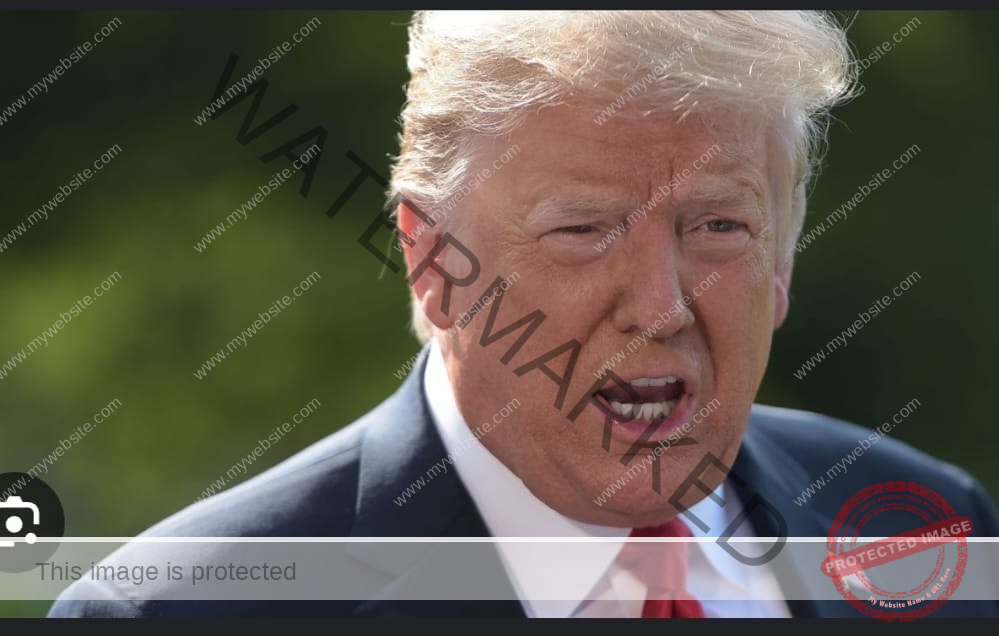By Colbert Gwain
In a development raising serious concerns over diplomatic propriety, the United States—under the revived influence of President Donald Trump—is reportedly exerting undue pressure on African governments, particularly in Cameroon, to favour the expansion of Elon Musk’s Starlink satellite internet service.
Investigative reports from ProPublica, a respected nonprofit newsroom renowned for exposing abuses of power, reveal that US diplomats across the continent have been intervening in the domestic policy decisions of sovereign African states to secure market access for Starlink. The tech billionaire’s close association with the 47th President of the United States is widely believed to be fuelling this lobbying campaign.
One of the most startling revelations comes from The Gambia, where the US Ambassador allegedly threatened to withhold American aid unless the government fast-tracked licensing for Starlink. This pattern of arm-twisting appears to be mirrored in Cameroon, where tensions have steadily risen following the government’s seizure of unauthorised Starlink kits last year. Authorities cited national security and regulatory concerns as justification for the move.
Cameroon’s Minister of Posts and Telecommunications, Minette Libom Li Likeng, has consistently maintained that Starlink cannot operate legally in the country without first obtaining a licence. The government has flagged potential risks linked to data privacy, cyber security, and the risk of undermining Camtel—the nation’s state-run telecommunications provider—already struggling to maintain its market share in a liberalising sector.
Despite this, the American diplomatic corps has persisted. According to sources familiar with internal US government communications, senior officials at the State Department have actively collaborated with Starlink executives to “coax, lobby, and browbeat” African officials. In one such instance, US Ambassador Sharon L. Cromer reportedly urged the Gambian President to bypass his own Telecommunications Minister to expedite Starlink’s entry.
Supporters of Starlink within the US administration argue that the satellite-based system, proudly branded as an “American-made solution,” offers a breakthrough in providing internet access to underserved and rural communities. Africa, with its burgeoning population and infrastructure deficits, represents a highly lucrative frontier for satellite internet.
Since Trump’s return to office, Starlink has expanded from 15 to 20 African nations, with plans reportedly in place to pressure holdout countries into compliance. Leaked diplomatic cables suggest the Trump administration is contemplating more aggressive diplomatic tactics—including the possible re-evaluation of aid packages—to compel cooperation.
For Cameroon, the stakes are high. Aligning with Starlink may improve digital connectivity for the estimated 20 to 21 million Cameroonians currently lacking reliable internet access. But doing so may come at the cost of its sovereignty, institutional integrity, and the stability of domestic players like Camtel.
While Starlink promises community-owned internet infrastructure and the potential to bridge the digital divide, critics caution that yielding to foreign pressure sets a dangerous precedent—where technology diplomacy crosses the line into coercion.
As the debate intensifies in Yaoundé and beyond, one thing remains clear: the intersection of politics, profit, and connectivity is redefining Africa’s digital future.
The Colbert Factor is a nonprofit investigative newsroom. Support independent journalism by contributing to the following accounts: 677852476 / 687338370 (Colbert Gwain Fulai). Your donation, no matter how small, defends the freedom of the press.

